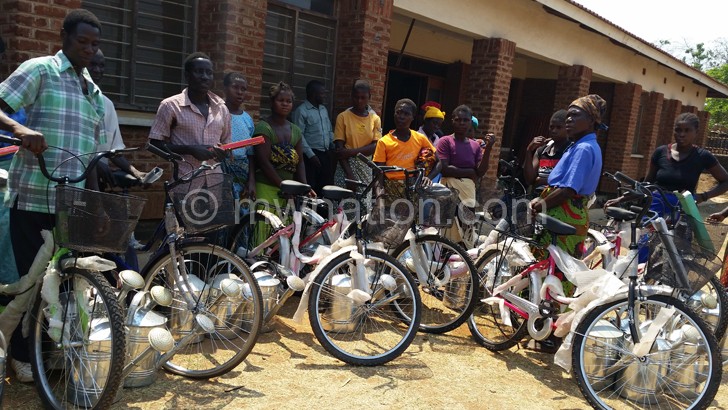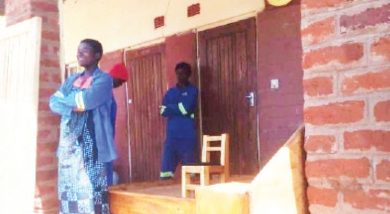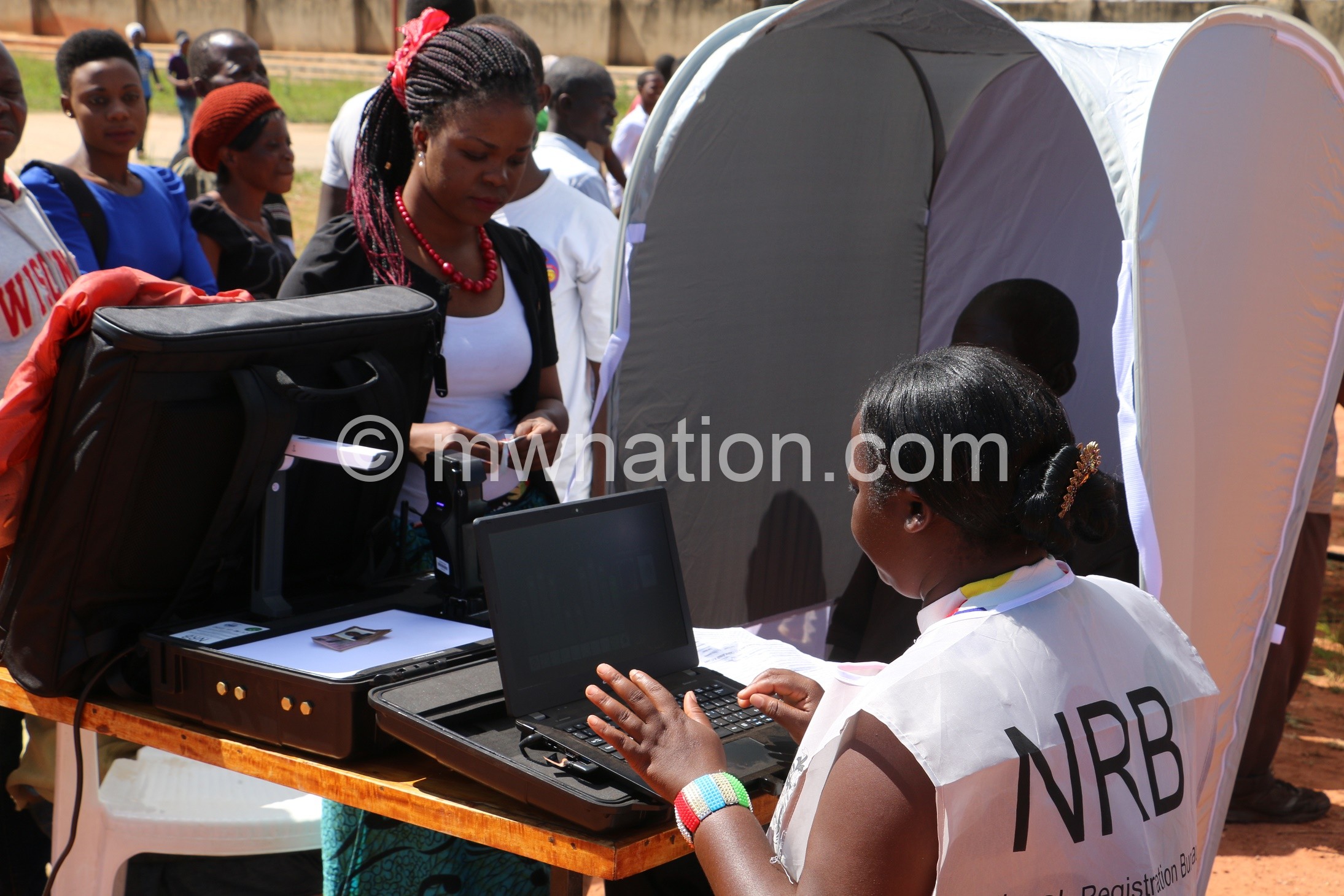Focold donates bicycles, watering cans to CBCCs in Mwanza
The Foundation for Community Livelihood and Development (Focold) on Thursday donated 30 bicycles and 120 watering canes to 30 Community Based Childcare Centers (CBCC) from Traditional Authorities Kanduku and Nthache in Mwanza.
Speaking during the handover ceremony on Thursday at Chithumbwi village, T/A Kanduku, Focold executive director Jones Mwalwanda said the bicycles will help ease mobility challenges faced by Childcare Givers.

On the watering cans, Mwalwanda said they will help in the watering of vegetables in gardens managed by the CBCCs.
“This is in response to a request by Childcare Givers who have been facing challenges rendering their services effectively in areas we are implementing our Thanzi la Mwana project, due to lack of equipment,” said Mwalwanda.
One of the Childcare Givers, Marita Simbi, thanked Focold for the support it renders to communities in the area which has helped reduce cases of malnutrition.
“We appreciate the efforts by FOCOLD in reducing child malnutrition in our communities, with the bicycles we will no longer have difficulties visiting sick children or reporting to the Social Welfare Office at the boma on the welfare of children in our communities,” said Simbi.
Village headman Chabweza of T/A Kanduku said the Thanzi la Mwana project has reduced cases of maternal and child mortality in his village and surrounding areas as pregnant mothers and children now receive proper care through Childcare Centers and various nutrition trainings the projects has been undertaking in the communities.
Forty seven percent of under-five children in Mwanza are said to be malnourished in Mwanza.
However, according to district nutrition coordinator Maryana Banda “the records are improving as they were at 56 percent two years ago.”
Government, with its partners, plans to minimize the level of malnutrition in Mwanza to 22.3 percent by 2022.





